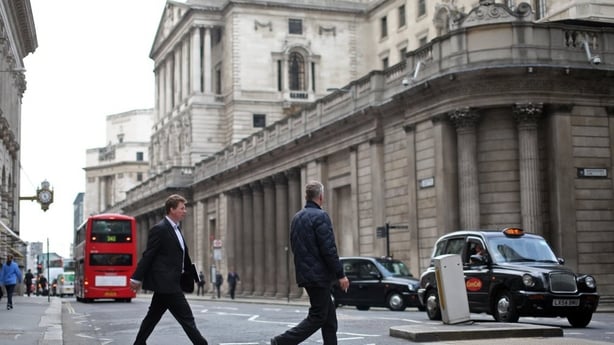UK inflation unexpectedly held steady last month, denting market confidence about a Bank of England interest rate hike next month and sending sterling to a 10-month low against the dollar.
Despite motor fuel prices rising to their highest since 2014, annual consumer price inflation held in June at 2.4%, the Office for National Statistics said.
Economists polled by Reuters had on average expected to see the first increase this year, to 2.6%.
The UK economy appears to be picking up after a slow first three months of the year, when unusually heavy snow hurt demand.
While the Bank of England worries that growth is close to the modest pace at which it will start to push up inflation, today's data brought little sign of this.
Core UK inflation, which strips out energy, food, alcohol and tobacco prices, fell to 1.9% from 2.1%in May - below all forecasts and the weakest reading since March 2017.
Data earlier this week showed British workers' wages rose at the slowest rate in six months during the three months to May despite a record number of people in jobs, challenging the Bank of England as it considers raising rates next month.

A Reuters poll of economists this week showed 47 out of 75 thought the Bank of England would raise rates to a new post-financial crisis high of 0.75% in August. The remainder thought it would stay on hold.
Some economists said the weakness in June's inflation data was driven by volatile components such as clothing, computer games and air fares which could soon rebound.
The ONS said the biggest month-on-month drop in clothing prices for any June since 2012 as shops slashed prices for the summer sales.
Today's data suggested rising pressure in the pipeline for consumer prices, however. Manufacturers increased the prices they charged by 3.1% in June compared with 3% in May.
While a slightly weaker increase than expected, it marked the strongest rise this year.
The cost of raw materials - many of them imported - was 10.2% higher than in June 2017, the strongest rise in a year.

